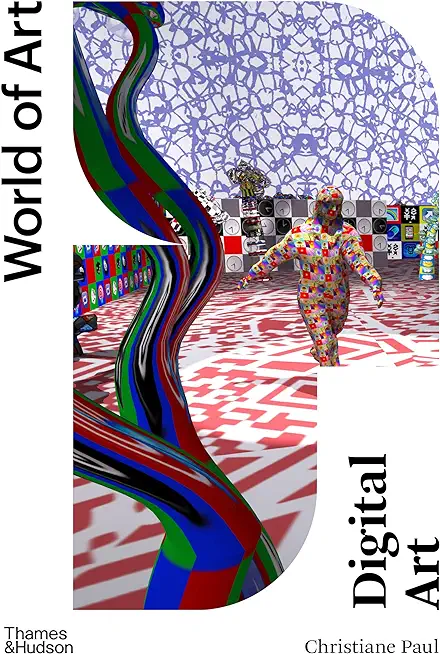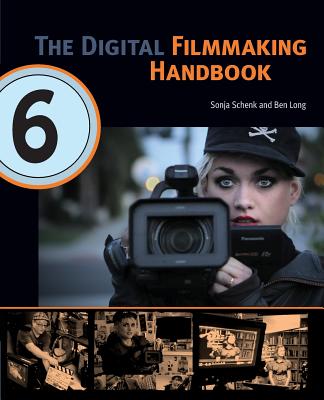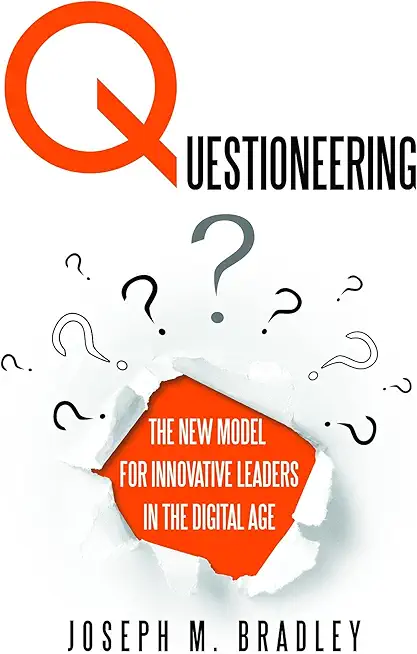
description
ological developments of its medium, has rapidly evolved from the "digital revolution" into the social media era and then to the postdigital and post-Internet landscape. This new, expanded edition of Christiane Paul's acclaimed book traces the emergence of artificial intelligence, augmented and mixed realities, and non-fungible tokens (NFTs) and surveys themes explored by digital artworks in the areas of activism, networks, and telepresence, and ecological art andthe Anthropocene. It also examines issues surrounding the collection, presentation, and preservation of digital art. It looks at the impact of digital techniques and media on traditional forms of art, such as printing, painting, photography, and sculpture, as well as exploring the ways in which the Internet and software art, digital installation, and virtual reality have emerged as recognized artistic practices.
Digital Art is an accessible and engaging text that brings to life individual works, explaining in clear terms how they use technologyto produce artworks with a radical new aesthetic and thematic and interactive qualities. It is an essential critical guide to all forms of digital art.
member goods
No member items were found under this heading.
Return Policy
All sales are final
Shipping
No special shipping considerations available.
Shipping fees determined at checkout.







